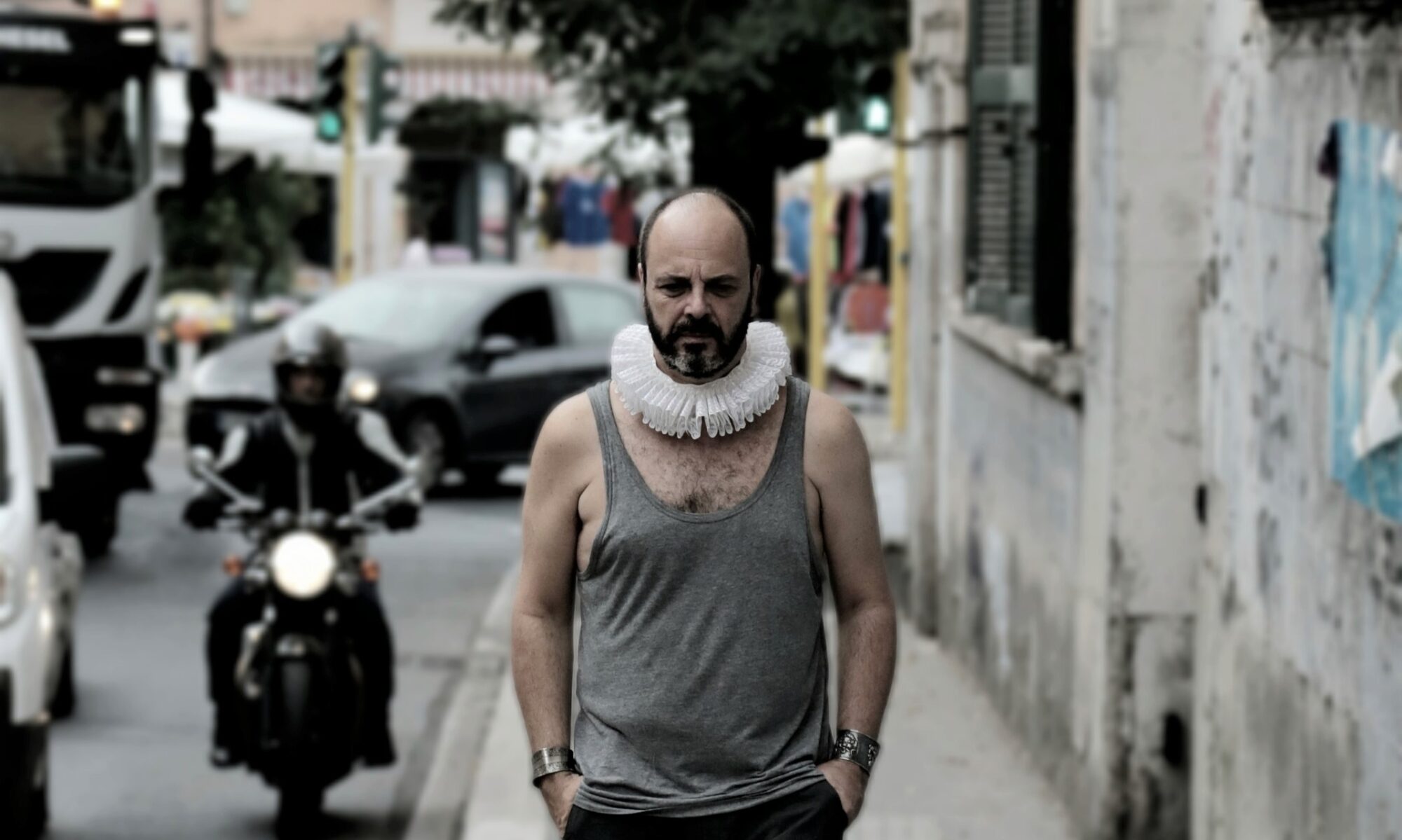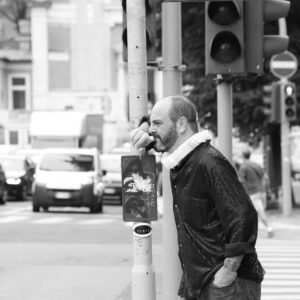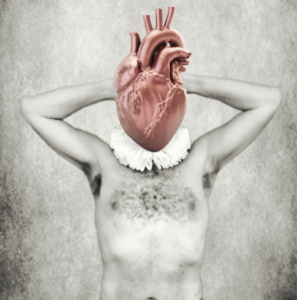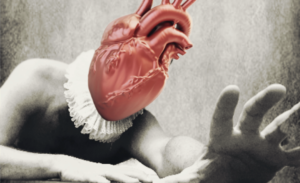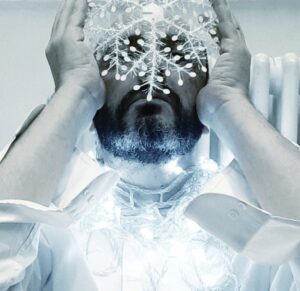
When it comes to “bad guys” with Shakespeare we could start by saying something that tells us a little about these days and age. Forget about the good guys and the bad guys. Forget about Good and Evil.
The movies and the many TV series that crowd new channels such as Prime, Netflix or Infinity, provide new kinds of leadings, a new kind of hero: the anti-hero. The bad guy, precisely, the villain. We got fed up with the good guys. Batman is boring. All has already been said about Batman. Now Joker is standing centre-stage.
With the common sense of decency and political correct overthrown in the 90s, new and unexplored universes have opened up for show business, as dark and interesting, modern and captivating, complex, ambiguous, as it may be. This is a world where it is no longer possible to clearly distinguish Good from Evil. In this contemporary vision, which is certainly more cynical and less naive than that of the past, Evil is represented as something not just very fascinating, but also as something which is somehow justified. Today’s villains, unlike those of yesterday, all have excellent reasons for doing the horrible things they do.
Let’s name some of the most popular tv series: Breaking bad, Hannibal, Shameless, Squid game, Sons of anarchy, Orange is the new black. All of these shows present us with the many stories and with the humanity of not exactly good people. Criminals and murderers now enjoy and cherish their charismatic role of all-round leadings. We like them. We love them. Especially new generations. And the list would be really too long. However, there is nothing new under the sun.
About 450 years ago, William Shakespeare had already portrayed marvellous villains by telling, or rather – should I say – illuminating, their darkest sides; meaning, giving the public all the elements to understand that Evil is never something which is absolute, but rather that there are reasons why a person does commit monstrous acts. Psychology has made its way into the dark soul of the villain, and has destroyed the common and too banal division between what is right and what is wrong. Now careful! Crime is always crime. But the human being is complex, Batman isn’t just Batman and the Joker isn’t just the Joker. And the Joker wasn’t born the Joker. He became such creature, they made him become such creature of darkness. He succumbs to his dark side; but, in some way: are you so sure you wouldn’t have done the same?
So the victim becomes the executioner.
Thanks to his painful and unresolved trauma, this new executioner is now a character who is complex, and rich, and difficult and very interesting. And also: he does extraordinary things that we, who are mere mortals, are not allowed to do: he steals, kills, rapes, tortures. He does what we dream of doing (at least once a day). Dream! But no courage to do it. His wounds are such that they have made him lose his sense of limit, his morality.
Most of us – fortunately enough – are still trapped in the law of limit. All we have to do is go to the movies and enjoy the misdeeds of someone else, our beloved villain. Iago, Macbeth, Oberon, Caliban, Cassius, Richard III, Angelo, Edmund and all the other Shakespearean villains, they all have their good reasons for committing the crimes they commit. And we love them for this. More and more, every day.
EP
